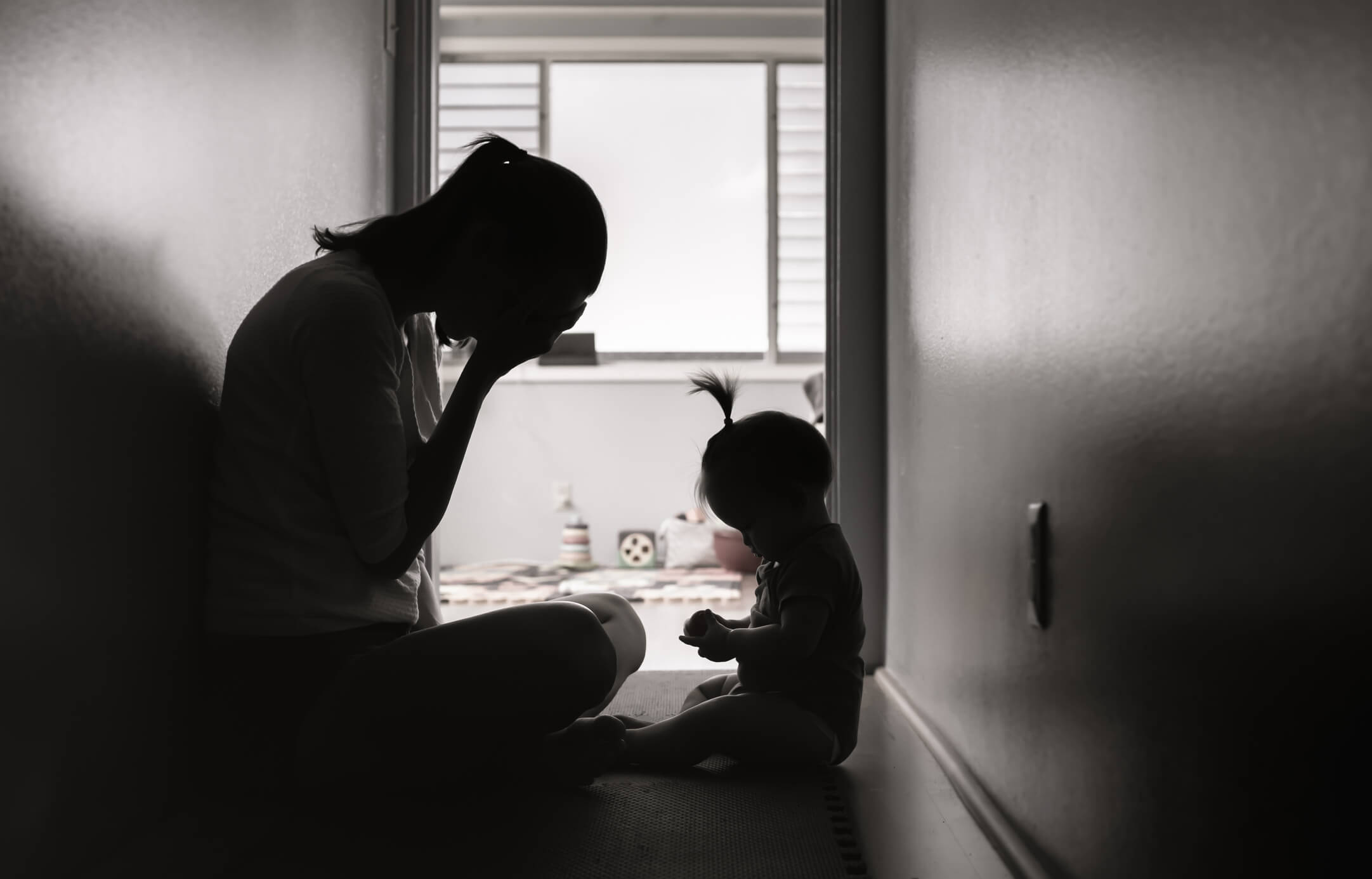Postpartum support crucial for health of parents and babies
AU professor Dr. Gina Wong initiates Postpartum Support International–Canada
In Canada, almost one-quarter of people who recently gave birth reported feelings consistent with either postpartum depression or an anxiety disorder.
Yet no centralized resource for those experiencing maternal mental health issues postpartum, or after birth, has existed in Canada—until now.
Psychologist and Athabasca University (AU) professor Dr. Gina Wong is helping to change that and has been instrumental in the development of Postpartum Support International – Canada.
Postpartum supports for families
Postpartum Support International (PSI) was founded in 1987 in California to increase awareness about the mental health changes women experience during pregnancy and postpartum.
The Canadian extension of PSI officially launches on May 4, coinciding with World Maternal Mental Health Day. As one of the first Canadian PSI volunteer coordinators, Wong has been working on advancing PSI in Canada since 2018.
PSI-Canada will be a resource hub for birthing persons, their families, and the postpartum community to learn more about, and how to gain support for, perinatal mood disorders and resources.
“In today’s day and age, having no available comprehensive central resource in Canada for the mental health of birthing persons when we know the statistics are staggering, is not acceptable. There are so many resources that do exist, but no online centralized location for individuals to go. PSI-Canada is long overdue,” said Wong.
“There are so many amazing organizations across Canada that people don’t know about. This one-stop hub will help build community and demonstrate that there is support for those who need it … and substantiate that these issues are significant and deserve attention.”
According to an Ontario study, 1 in 19 women’s perinatal deaths are attributed to suicide during pregnancy and the year following childbirth. Perinatal suicidality and recovery through counselling is something that Wong’s research team is currently researching. She also started the AU maternal mental health research advocacy working group and initiated the maternal mental health progress in Canada.

“This one-stop hub will help build community and demonstrate that there is support for those who need it … and substantiate that these issues are significant and deserve attention.”
– Dr. Gina Wong, psychologist and Athabasca University professor
Understanding postpartum and perinatal mood disorders
Perinatal, the period before and after birth, is when birthing persons are most vulnerable to mental health struggles. It’s more than just the “baby blues” or “postpartum pinks,” and can lead to postpartum anxiety and depression, postpartum bipolar mood disorder, postpartum obsessive-compulsive disorder, and postpartum psychosis in serious cases, relating to Wong’s perinatal forensics work.
Wong explains that the percentage of birthing persons in Canada who suffer from perinatal mood disorders is quite high. And while many parents experience some mild mood changes during or after the birth of a child, up to 25% experience more significant symptoms of depression or anxiety.
“We need to normalize this experience and show people they are not going through this alone,” said Wong.
“We need to normalize this experience and show people they are not going through this alone.”
– Dr. Gina Wong

Health risks increase during COVID
Wong explained that the COVID-19 pandemic has exacerbated perinatal mood disorders for birthing persons.
Aside from the stress and anxiety of the pandemic as a whole, people were incredibly isolated due to quarantine restrictions, which had significant effects on the birthing and postpartum experience.
“There was a period where birthing support partners were not permitted to be in the hospital. Parents had to isolate at home and family and friends were unable to visit. The social component and hands-on support was missing and this had very negative and lingering effects,” said Wong.
Anxiety about getting COVID, when to get vaccinated (or even if they should get vaccinated), or fears of transmitting the virus to their babies added an additional layer of worry for birthing persons.
“The social component and hands-on support was missing and this had very negative and lingering effects.”
– Dr. Gina Wong
Looking forward
According to Postpartum Support International, there are a number of signs that indicate someone may be experiencing a perinatal mood disorder and is in need of support.
Bringing together centralized support is crucial for those suffering, and those who may not know about perinatal mood disorders or that they are highly responsive to treatment, Wong said.
“PSI Canada really is a community. It’s to show people that they’re not alone in facing these issues. And there are experts out there with specialized training who can help them.”
If you or someone you know is experiencing a perinatal mood disorder, you are not alone. Visit the PSI Canada website for more information and resources.
Learn more about research in the Faculty of Health Disciplines at AU.
In acknowledgement of her work in this area and on the Asian Gold Ribbon Campaign, Wong is the recipient of the 2022 Canadian Counselling & Psychotherapy Association Leadership Award.
